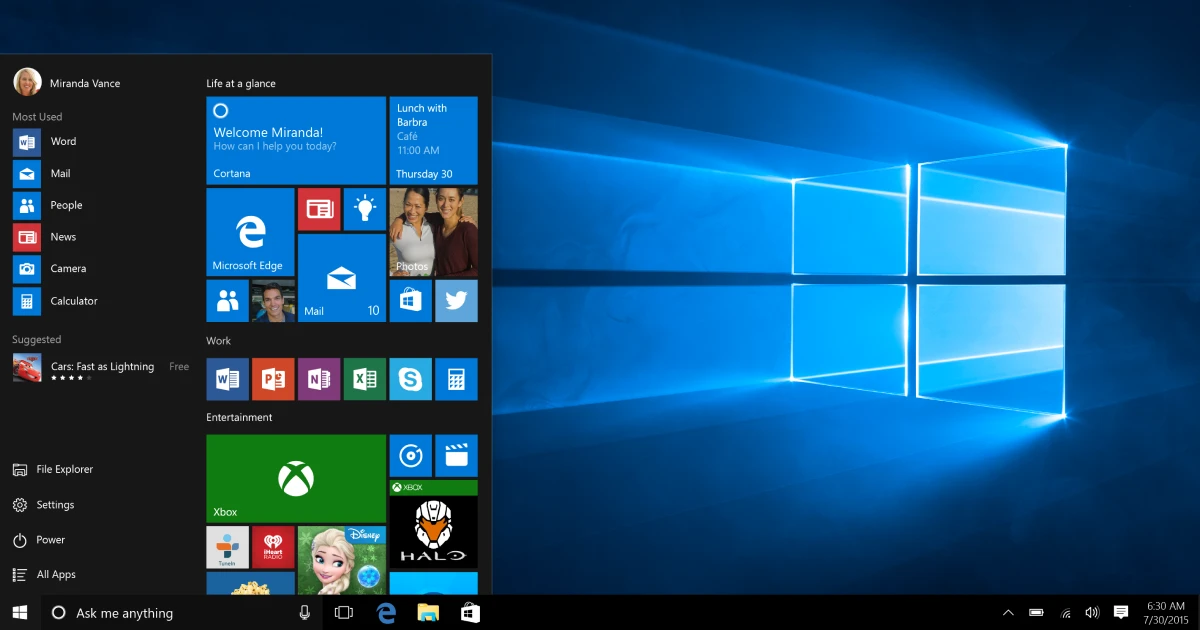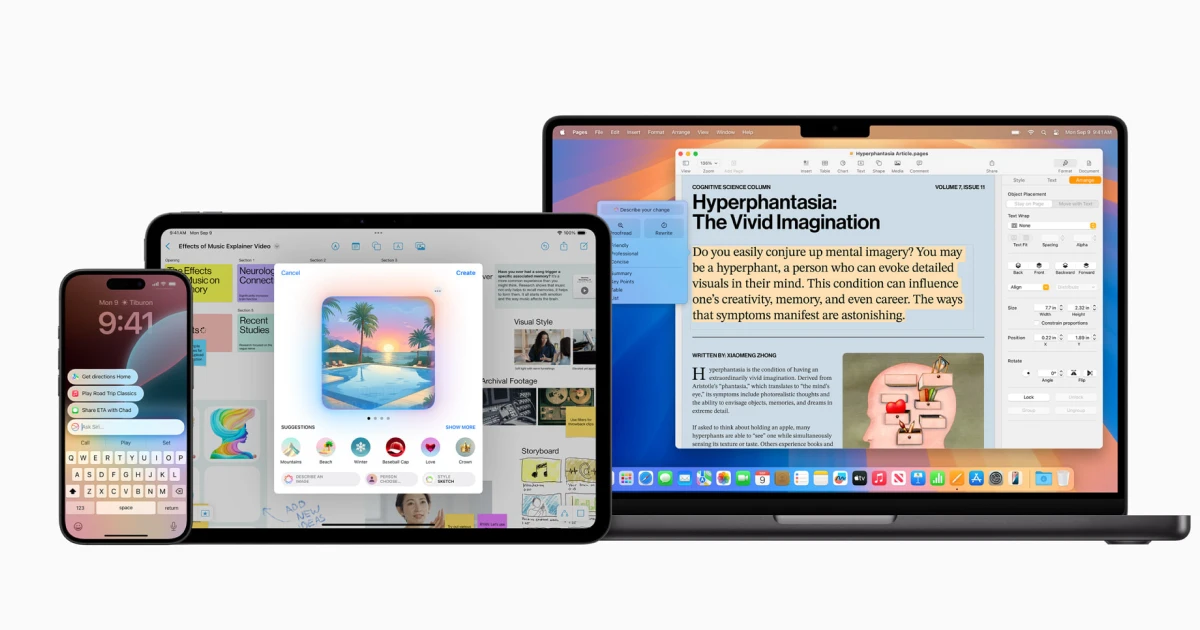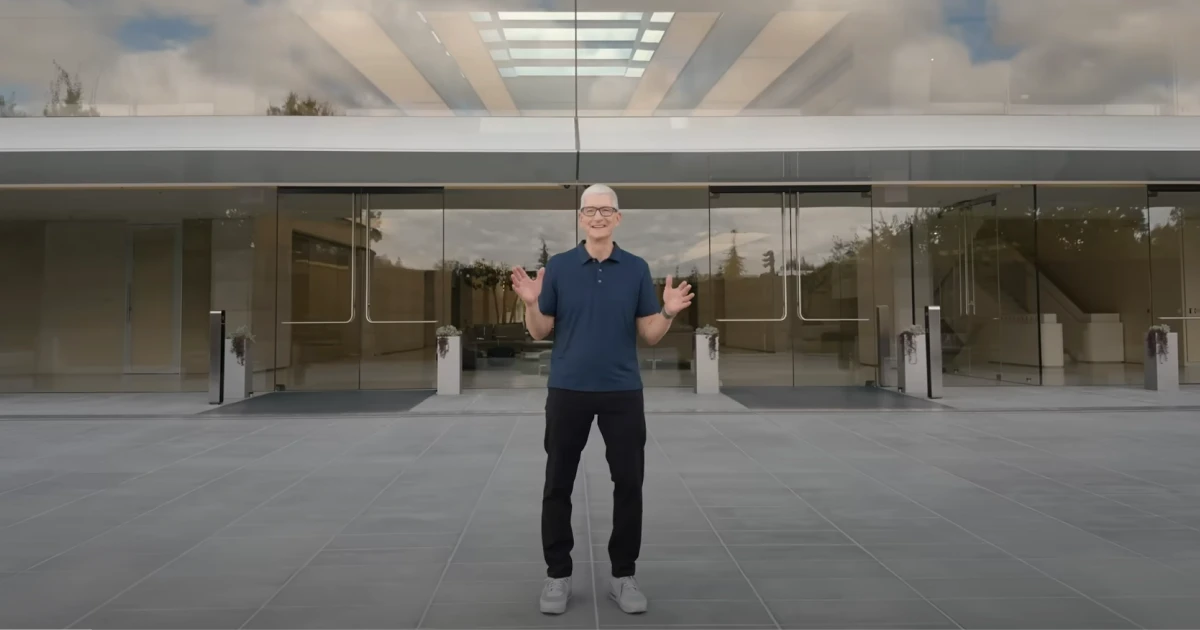In February, Reuters reported that major Chinese firms—Tencent, Alibaba, and TikTok owner ByteDance—had been stepping up their H20 chip purchases in response to rising demand for cost-effective AI models developed by startup DeepSeek.
Even though the H2O chips are not as fast at training AI models as Nvidia’s chips, which are for sale outside China. This is a competitive strategy where some of those chips are known to be inference, as AI models serve up answers to users. Inference is becoming a fast part of the AI chip market. Jensen Huang, Nvidia’s CEO, argued last month that Nvidia is well-positioned to dominate the market shift.
Yet, Nvidia said on Tuesday that the US government is now restricting H2O sales to China due to the risk of the chips being integrated in a supercomputer. While the H2O has lower computing capabilities than other Nvidia chips, its ability to connect to memory chips and other computing devices at high speeds is still high.
Those memory and connectivity aspects could also make the H2O useful in the construction of supercomputers in China and the US, which have placed restrictions on selling chips for the use in supercomputers since 2022.
It is also worth mentioning that on Tuesday, the Institute for Progress, which is a nonpartisan think tank in Washington, D.C., argued restricting H2O chips, saying that Chinese firms are most probably already building such chips.
“At least one of the buyers, Tencent, has already installed H20s in a facility used to train a large model, very likely in breach of existing controls restricting the usage of chips in supercomputers exceeding certain thresholds. DeepSeek’s supercomputer used to train their V3 model is also likely in breach of the same restrictions,” they wrote.














